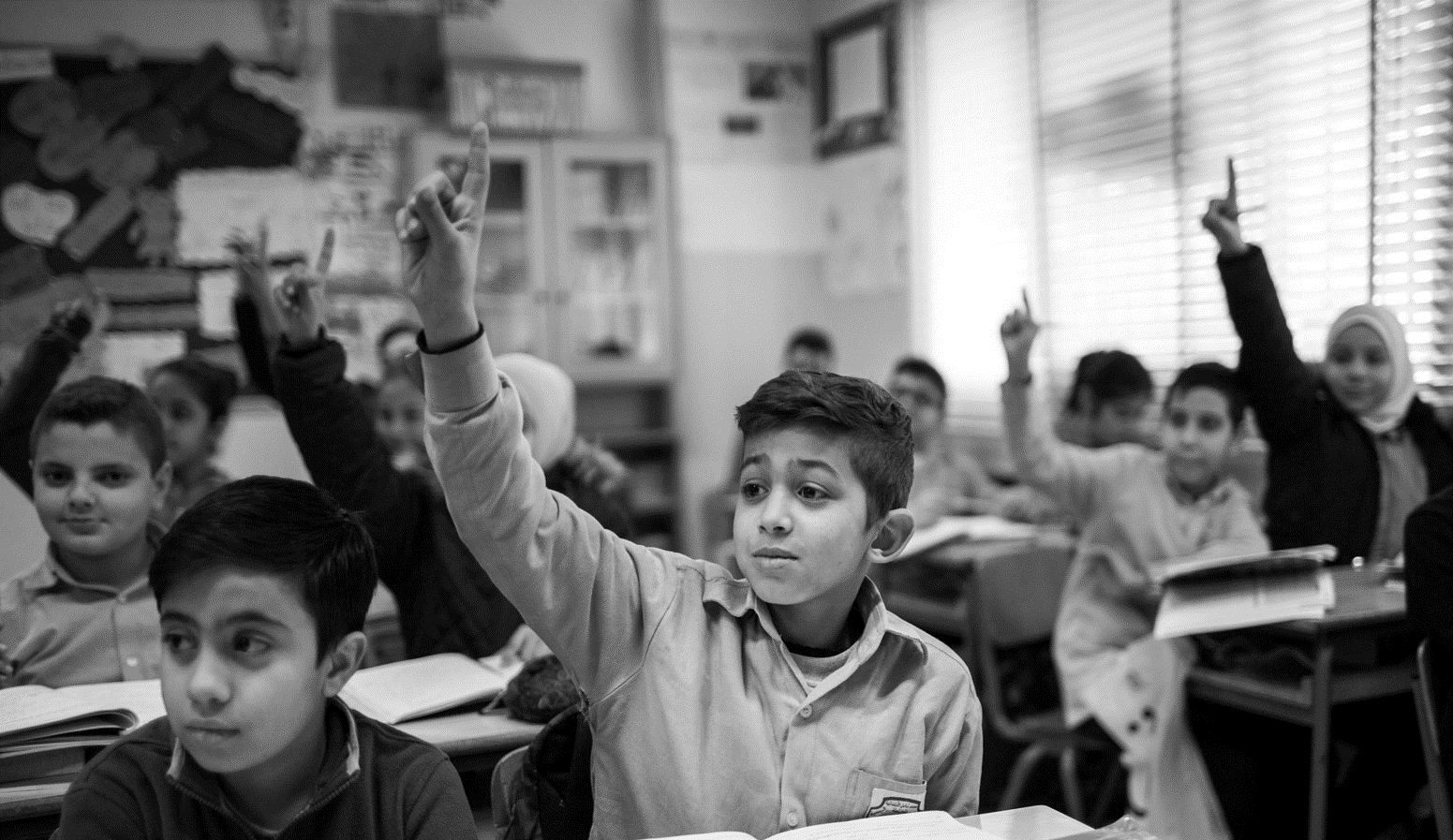Is een latere eindtoets in het basisonderwijs beter voor migrantenkinderen?
Immigranten vormen een steeds groter deel van de Nederlandse bevolking. Zaken als een gebrek aan Nederlandse taalvaardigheid of een beperkte kennis over Nederlandse instellingen, kunnen het integratieproces belemmeren. Onderwijs is een belangrijke manier om te integreren. Het kan onder meer de kansen op een hoger inkomen verbeteren en helpen netwerken op te bouwen.

-- het vervolg van de tekst is Engelstalig --
We are interested in the question whether the design of the Dutch educational system can help children with a migration background to thrive in Dutch society.
To estimate a causal effect of features of the educational system on the chances of migrants in education, we need (1) an exogenous shock to the educational system and (2) a large dataset to evaluate the consequences of the shock for smaller subgroups of the population.
The exogenous shock we are investigating is a very important recent change in the primary school system. This change regards the exit test (cito) and was introduced in the school year 2014-2015. In the period before the policy change, students took the primary school exit test relatively early during the school year such that teachers could use this test score when they gave the secondary school track recommendation. From 2014-2015 onward, the school exit test is taken three months later, and the teachers give their secondary school track recommendation without knowing the child’s primary school exit test score. Hence, before the policy change, the secondary school track assignment largely depended on the school exit test score, which is an objective ability measure. After the policy change, the track assignment was more dependent on the track recommendation by the teacher(s), which is a more subjective ability measure.
We will investigate whether this policy change has improved or deteriorated the chances of migrants to go to a higher secondary school level compared to children without a migration background.
We use administrative data of the full primary school student population from 2011-2017. This allows us to identify relatively small migrant groups. An additional advantage is that there is no self-selection into the sample.
Interestingly, the effect of the policy change on the relative education outcomes of migrants can go both ways. On the one hand, the change in the system may have benefitted the position of migrants because they now have three months longer to learn Dutch and become acquainted with the Dutch system and education material. On the other hand, in the new system, the subjective assessment of the teacher becomes more important. If teachers, on average, think that migrants are less able to go to higher secondary educational tracks than natives, the position of migrants in the educational system may deteriorate.
We hope this sneak peek into our research idea has made you curious to know whether we find evidence for these effects. The results of our investigation will be uploaded on the Morse site after they are published in an academic journal.
Lees ook
-
In Kerkrade luister je naar het onzichtbare deel van het universum
De Universiteit Maastricht en Discovery Museum in Kerkrade maken de Einstein Telescope begrijpelijk voor iedereen.

-
Meer dan een studentenbaan: vijf alumni over hun unieke rol in baanbrekend vaatonderzoek
Hoe is het om als student deel te nemen aan baanbrekend vaatonderzoek, in de operatiekamer te staan en direct verantwoordelijk te zijn voor het verwerken van patiëntmateriaal? Vijf alumni van het Maastrichtse MAPEX-studententeam delen wat zij hebben geleerd, welke uitdagingen zij zijn tegengekomen...

-
KlankLab
Op 19 september 2025 introduceerde het MCICM een nieuwe vorm van interactieve publieksparticpatie, het KlankLab.
